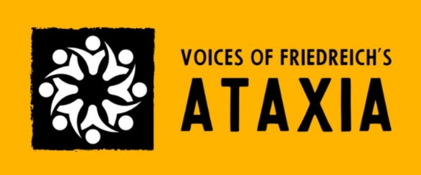For mitochondrial cardiomyopathies, including Friedreich’s, we may not have a cure, but we have multiple drugs that seem to help prolong life and maintain some function when used in combination.
In general, we treat mitochondrial cardiomyopathies like Friedreich’s based on analogy to other types of hypertrophic cardiomyopathies where the drugs seem to work. Unfortunately, we’re not really sure yet what works in Friedreich’s.
One concern I have is that many F A patients get put on beta blockers [drugs that decrease the force and rate of heart contractions], because that’s standard therapy for hypertrophic cardiomyopathy. There are no clinical trials examining the use of beta blockers in Friedreich’s ataxia.
Most patients with hypertrophic cardiomyopathy who don’t have Friedreich’s ataxia can still relax their hearts. They usually have good blood flow into the heart, unless their hearts are really thick. And they don’t have stiff hearts with a lot of scar tissue, which may be a problem for patients with Friedreich’s ataxia.
The average person with non-Friedreich’s ataxia hypertrophic cardiomyopathy may have a higher-than-average heart rate, but they don’t have to increase their heart rate that much.
However, if the heart has to speed up to accommodate the fact that it can’t fill with blood, such as in Friedreich’s ataxia, then if you slow it down with a beta blocker, the cardiac output drops, and these patients will have problems. They feel bad and don’t have any energy.
So, I would urge cardiologists not to reach for beta blockers as first-line therapy for these hearts. Instead, one of the things they may want to consider is lowering blood pressure without hurting heart performance.
That can be done with ACE inhibitors, like captopril or enalapril, which make the heart’s work easier by dilating blood vessels and lowering the pressure against which the heart has to push to pump the blood out.
Some patients will be put on digoxin [a drug that increases contractile force], which may make the heart perform a little better. Digoxin also helps control arrhythmias.
Other anti-arrhythmic drugs cardiologists might use include amiodarone or flecainide. You have to treat the specific type of arrhythmia.
